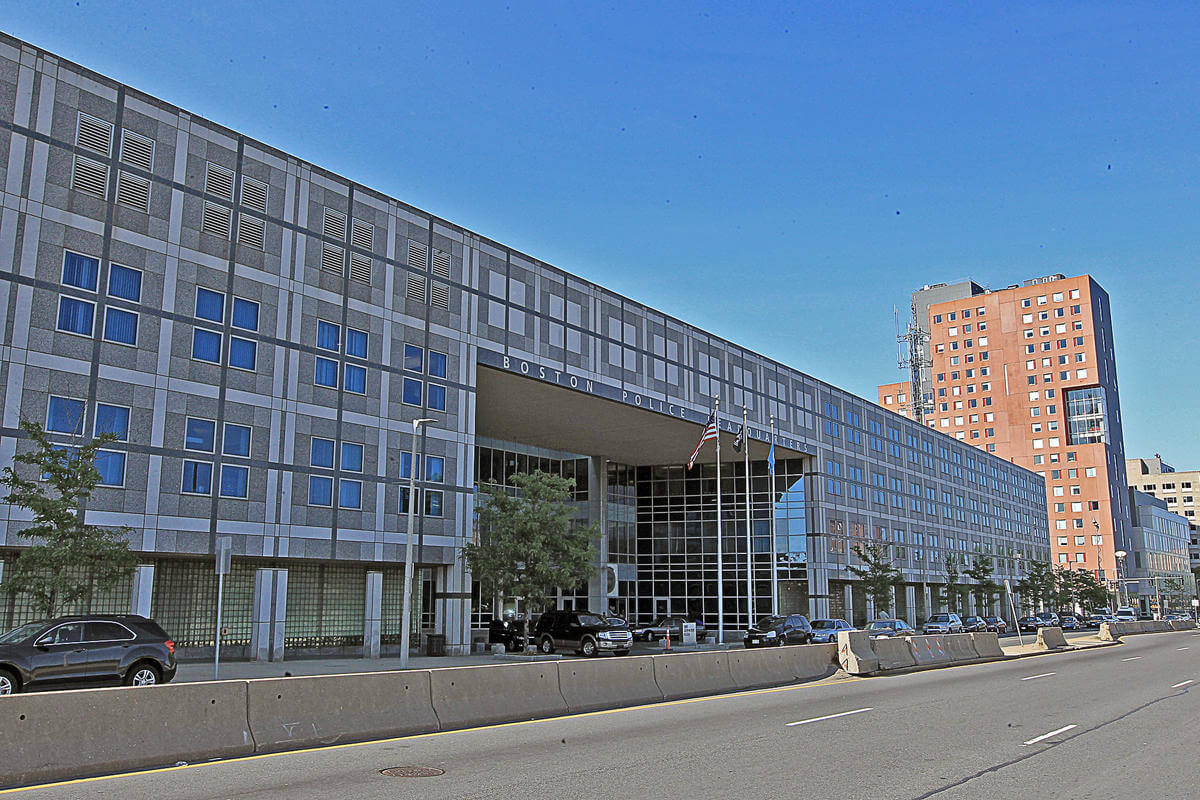
The Boston Police Department wants new software to scour the internet for signs of potential crimes and homeland sec- urity threats that cops can act on in “near-real-time,” according to police documents — but critics warn it could prompt misguided suspicions and chill speech, while failing to stop crime.
The system — monitoring keywords and even emoticons from Twitter and Facebook to YouTube — would be run by the Boston Regional Intelligence Center, which handles homeland security for the region and is overseen by BPD’s Bureau of Intelligence and Analysis.
“Proposers will be required to provide … services that will proactively alert personnel to threats communicated via social media and/or online open source and/or social media platforms, and provide capabilities designed specifically to support investigative processes and analysis of online open source and social media information,” the bid reads in part.
“The system/service will assist in identifying publicly available social media and/or online open source activity to provide situational awareness and help inform operational decisions.”
Police did not immediately answer questions yesterday about what kind of situations the system would monitor, how it would do so and how much the program might cost.
The system would “bridge a technology gap” at BPD, according to the bid. Police departments in New York, Houston and Seattle have opened similar real-time internet monitoring centers over the past decade.
According to the BPD request for bids, the system should be able to search keywords, usernames, geo-fenced areas and emoticons across any publicly available webpage, chat room or social media site, as well as across the “deep web” of unindexed online material and “dark web” of material in encrypted networks.
The system, which will update constantly and automatically, will be designed to bring pieces of a person’s online footprint together for police to examine.
But civil liberties experts say the potential for mistakes is great.
“If someone tweets that ‘the party was the bomb,’ he’s going to be in a lot of trouble with BPD,” said Marc Rotenberg of the Electronic Privacy Information Center.
Kade Crockford of the Technology for Liberty Program for the state ACLU branch called the proposal “Orwellian” and said just because police had the ability to track people across the internet doesn’t mean they should.
“That the same police department that resisted body cameras for a long time thinks it’s totally fine to monitor everyone in the city’s social media strikes me as problematic and not within the goals of the police department to use community policing,” Crockford said.
[Source:-Boston Herald]








